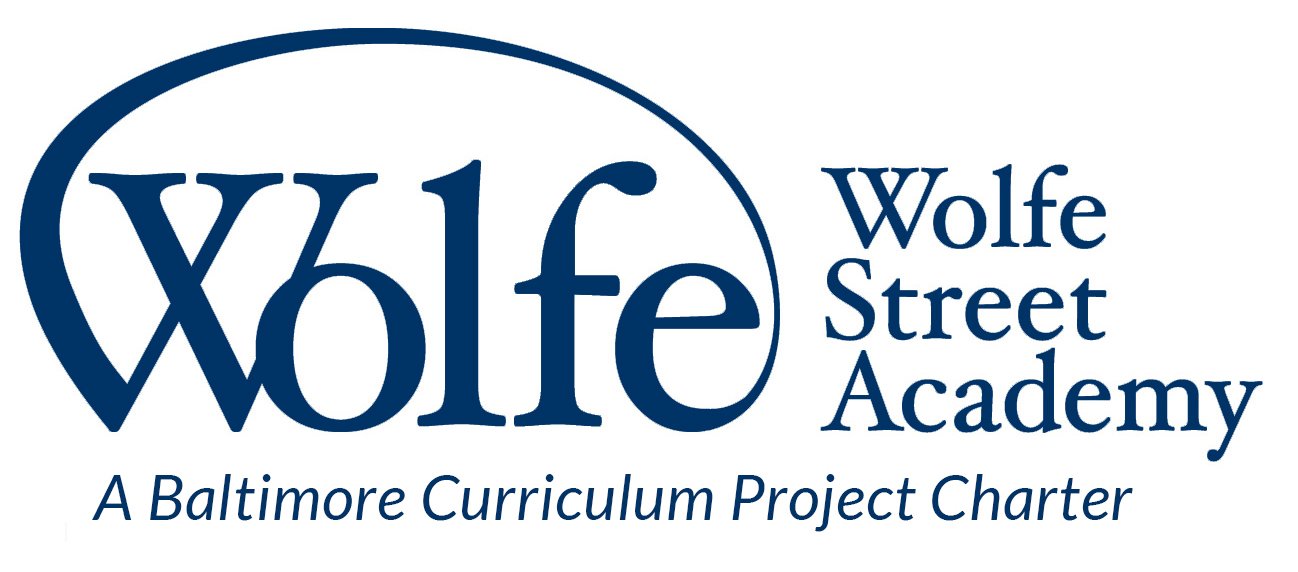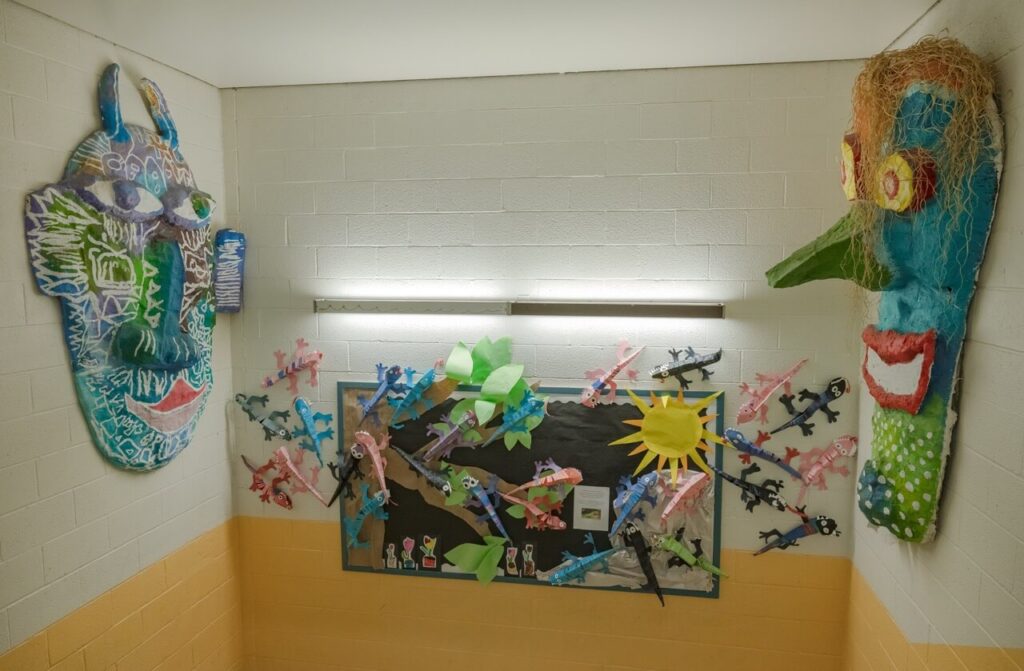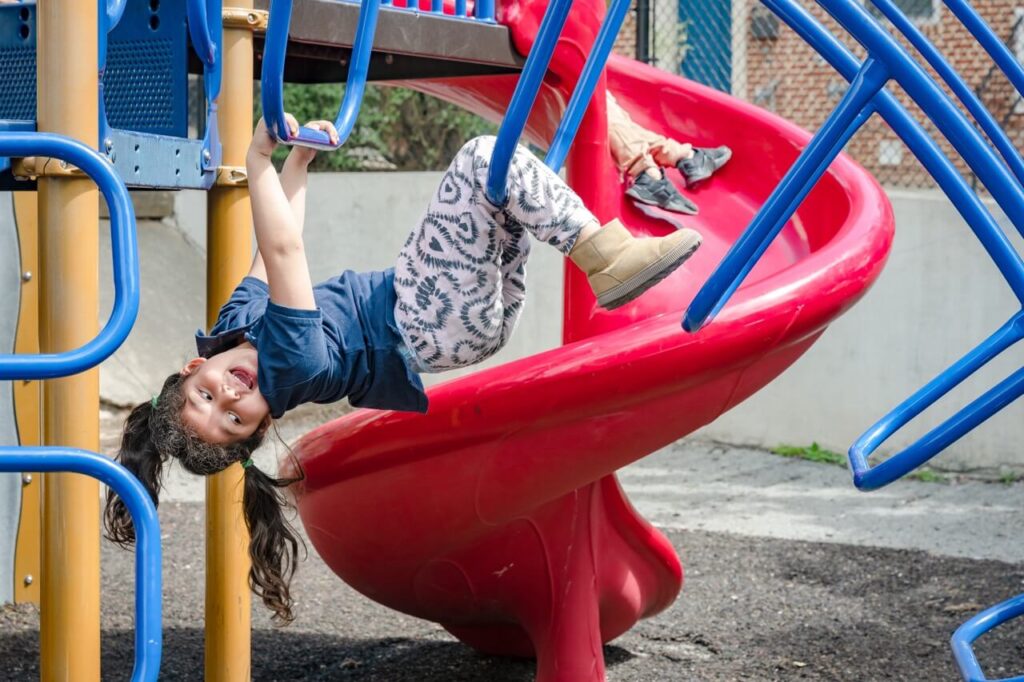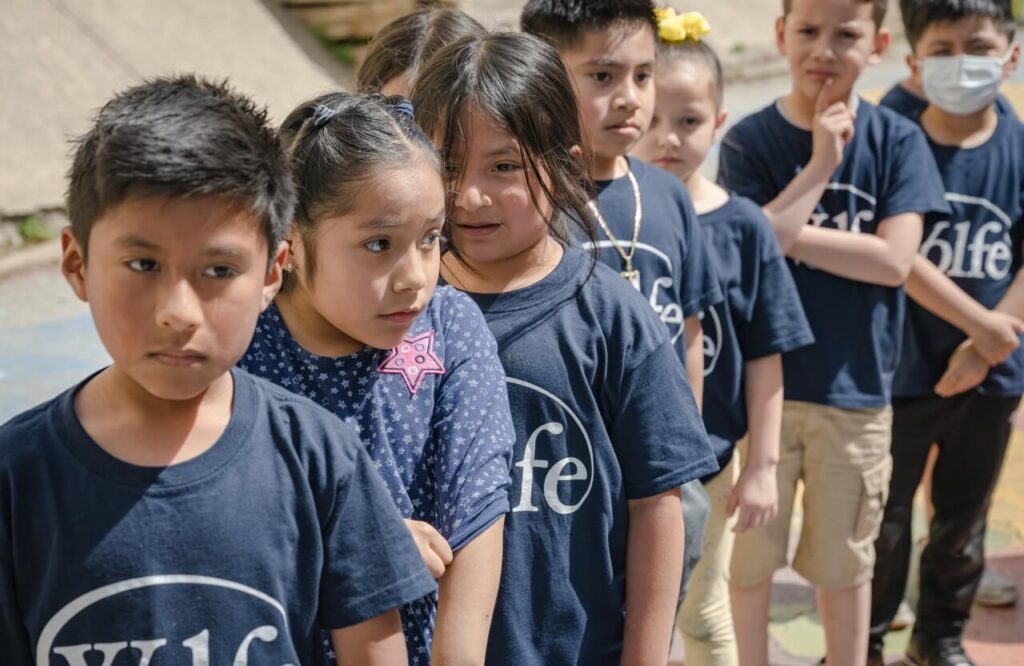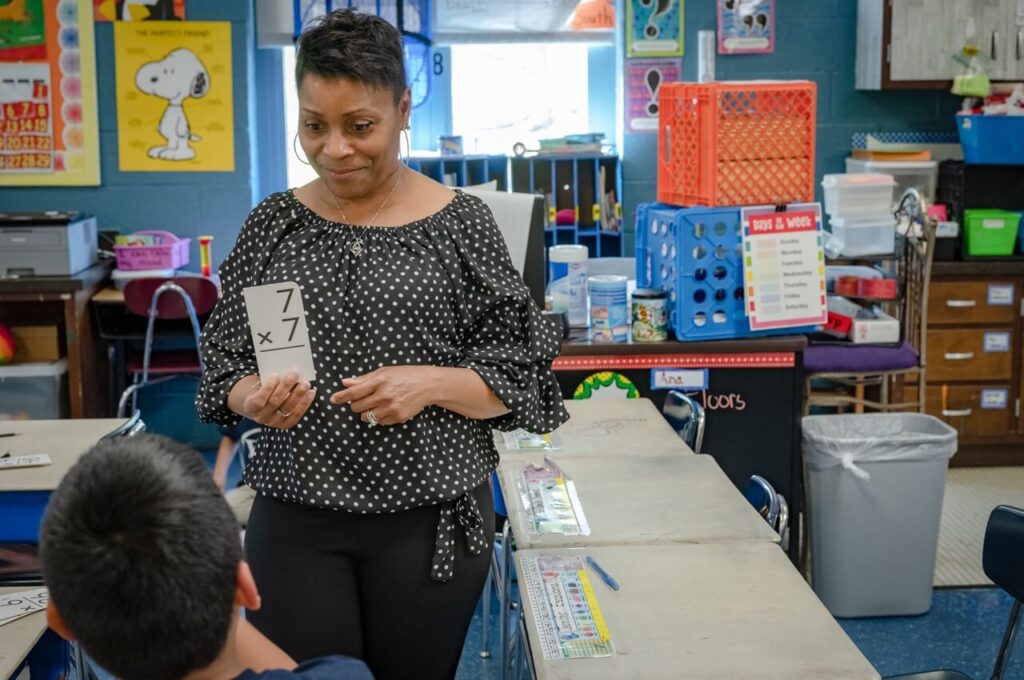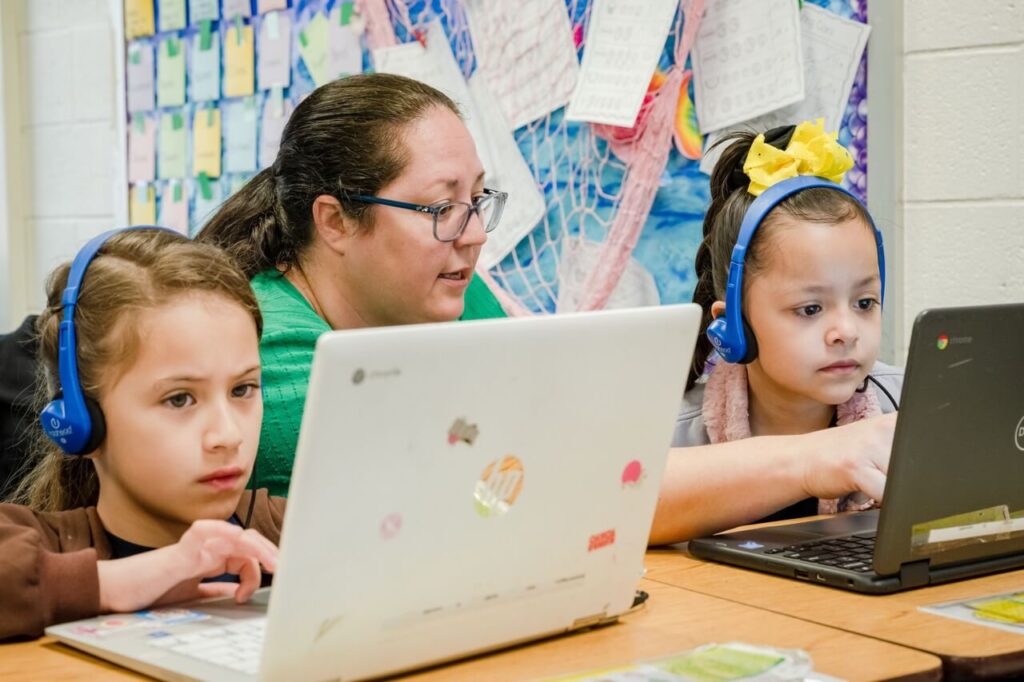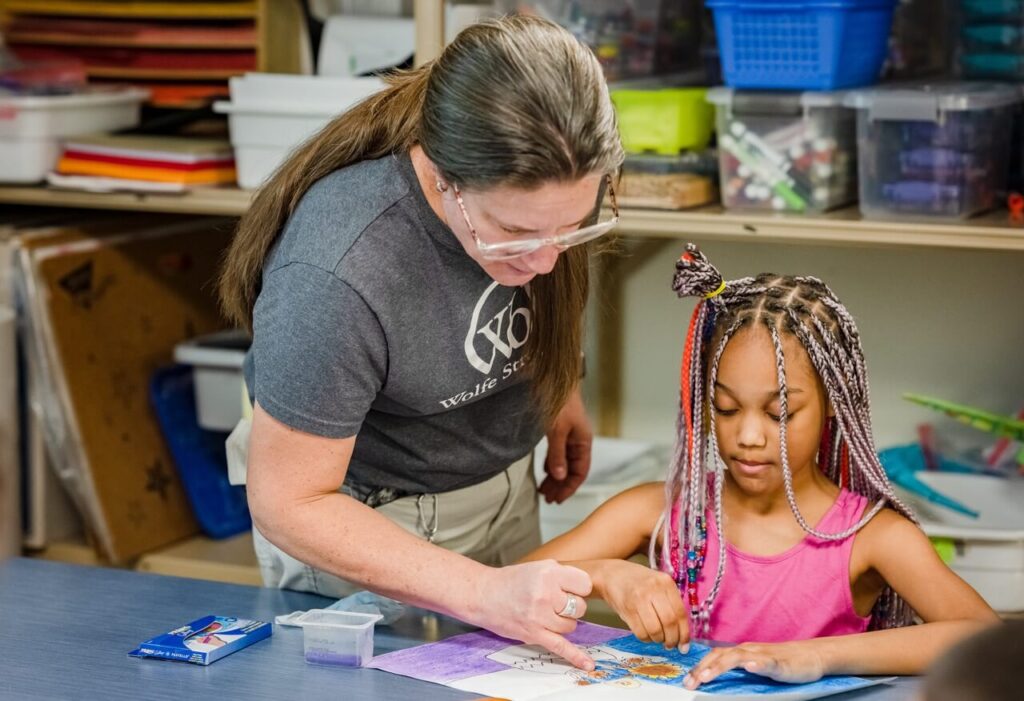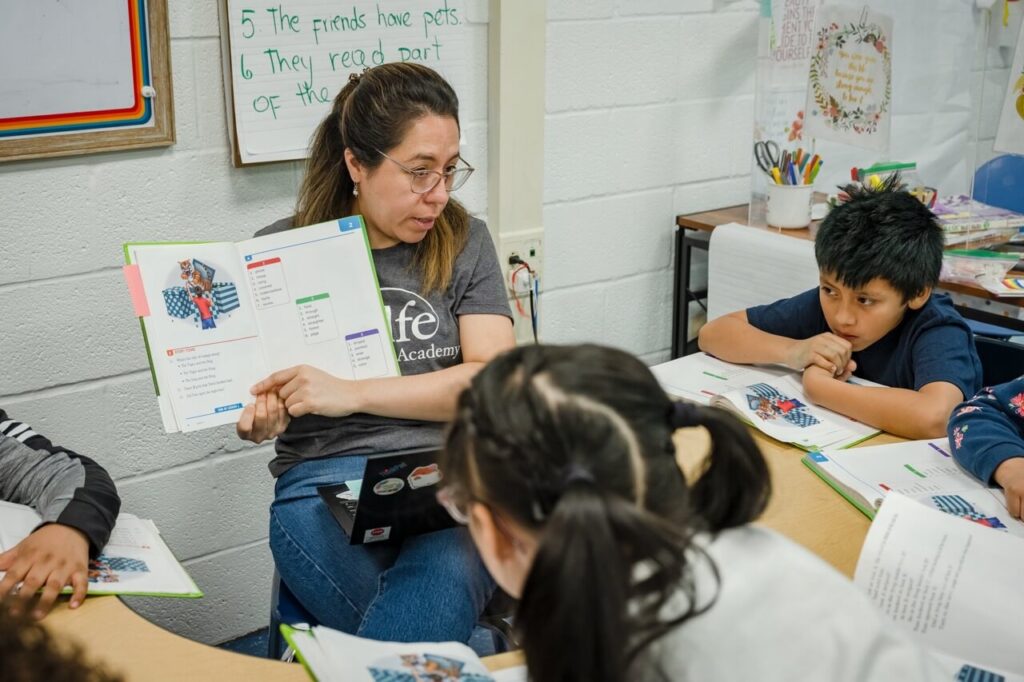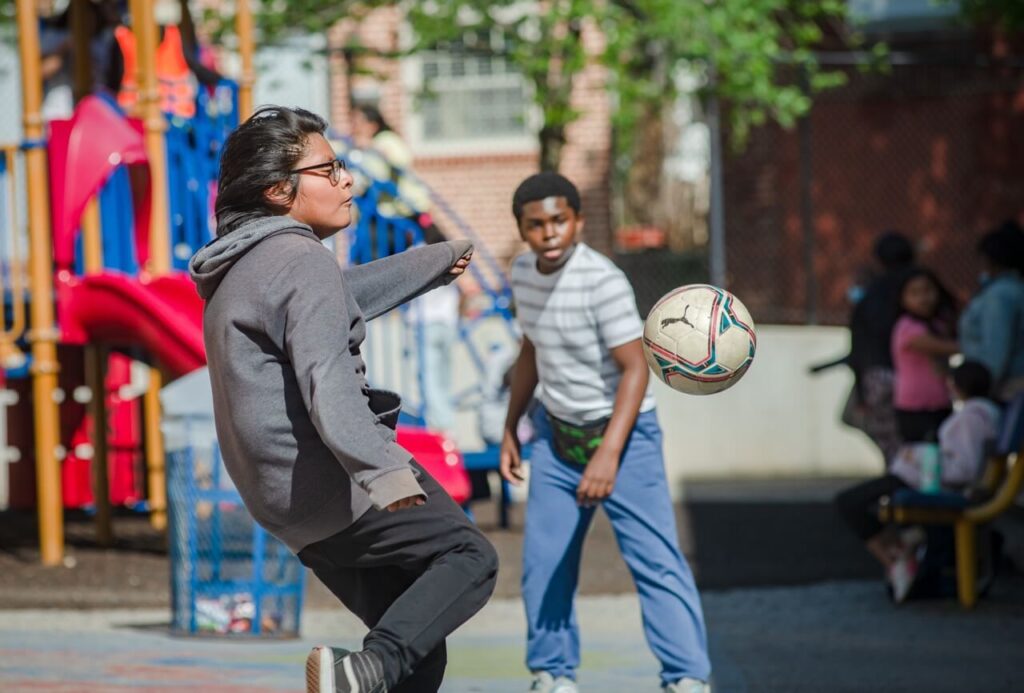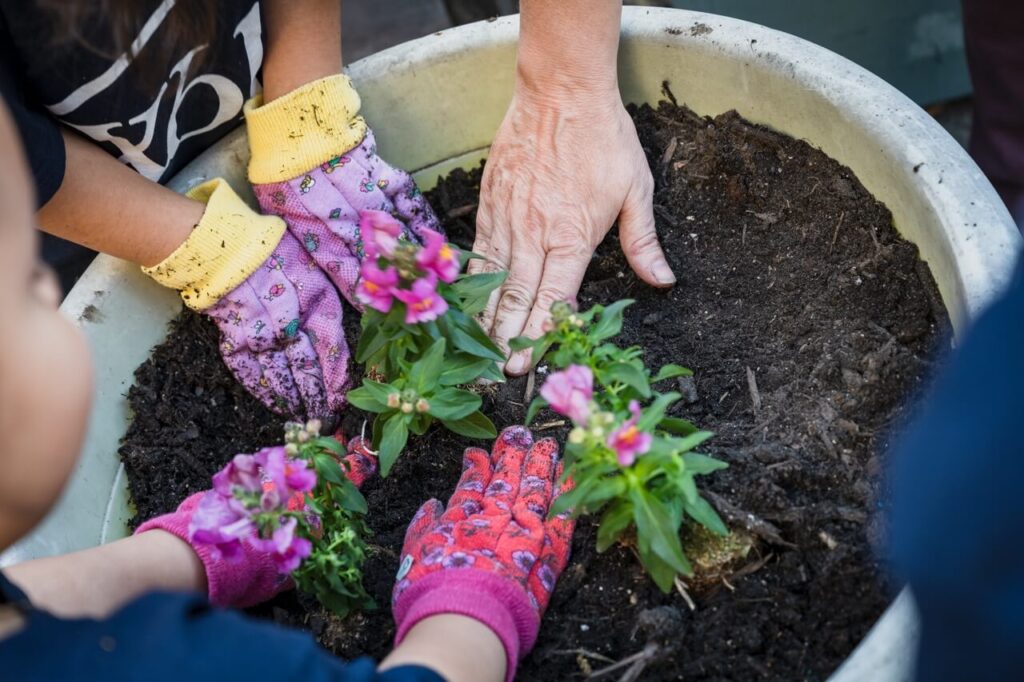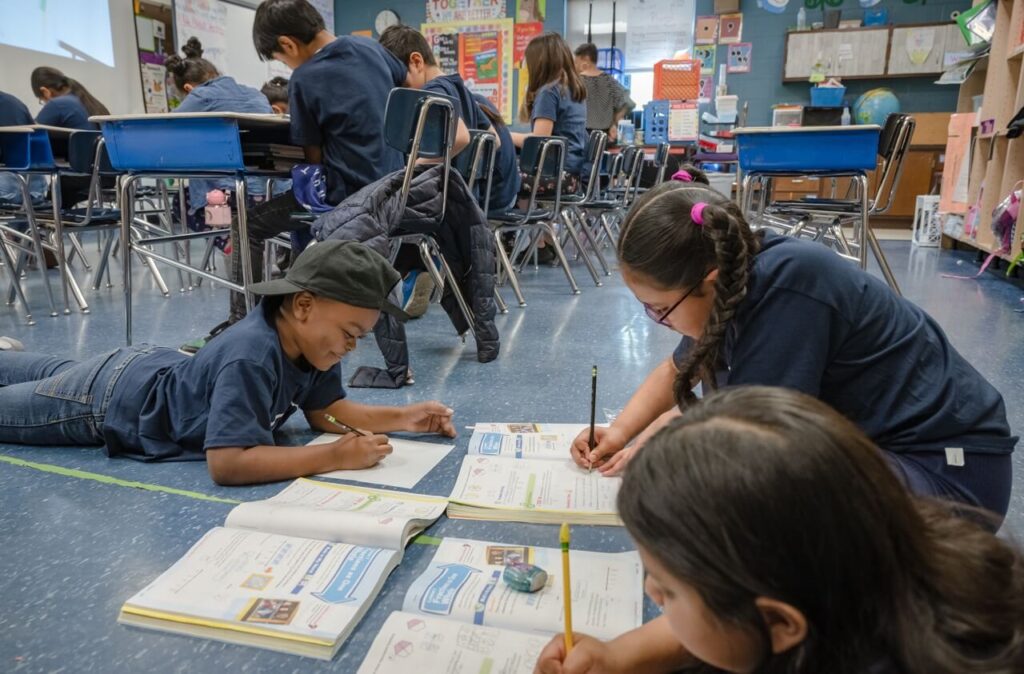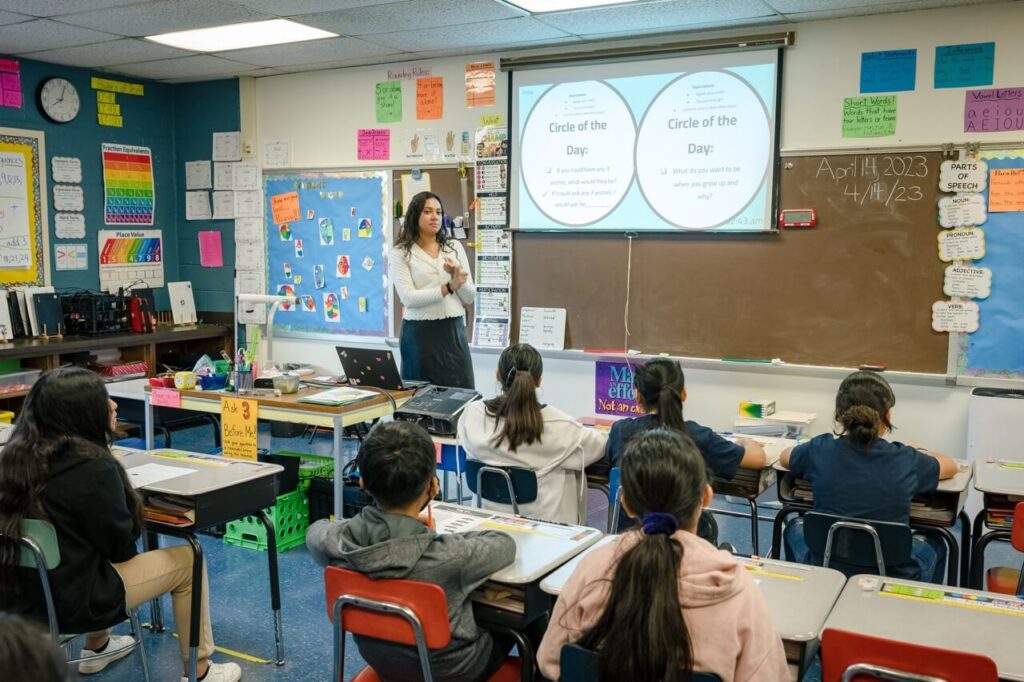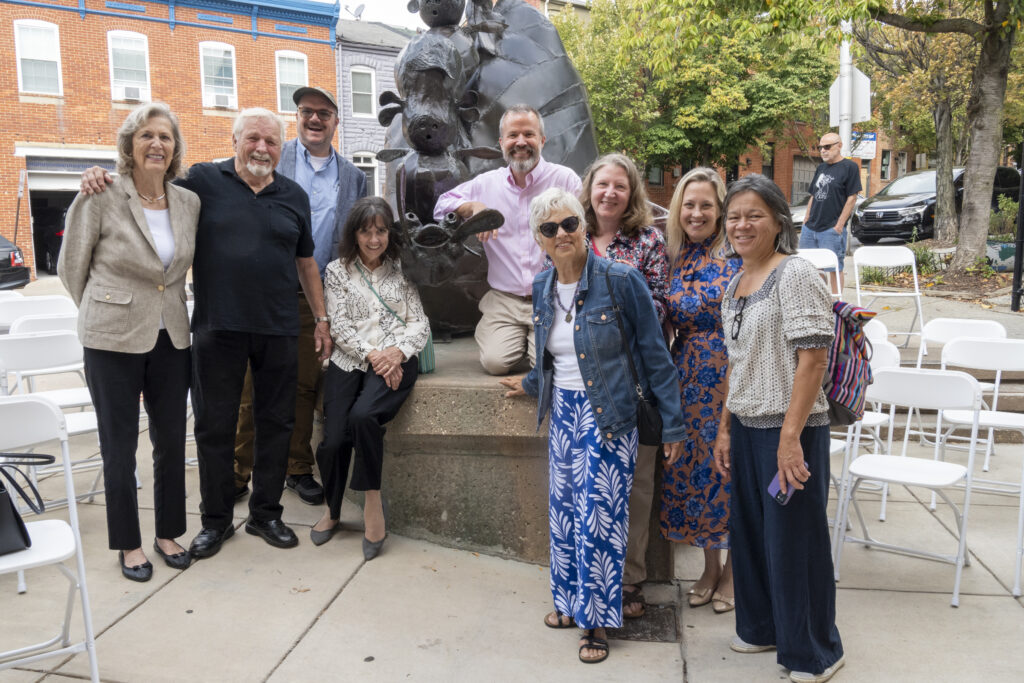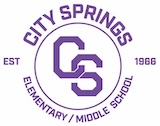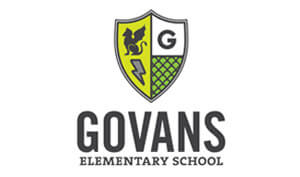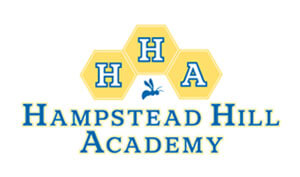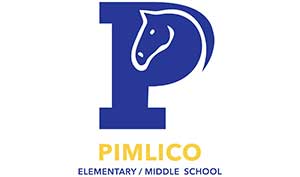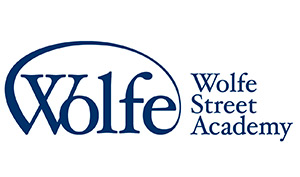Our small size and proven curriculum mean we can customize learning to each student’s strengths and needs. We know exactly what young children need to succeed in class and in life.
Direct Instruction
All children can learn if they are taught well. Direct Instruction, our research-driven curriculum, lets students learn at their own pace. We place them in groups based on individual needs for more help and more enrichment. Data generated by frequent assessments allows students to move into different groups as they become more confident readers.
Weekly enrichment classes in art, physical education, and technology add to your child’s learning and fun.
Core Knowledge
We use the Core Knowledge for history, social studies, and science. Guided by fiction and nonfiction texts that teachers read aloud, students have interactive opportunities to question, discuss, and share ideas.
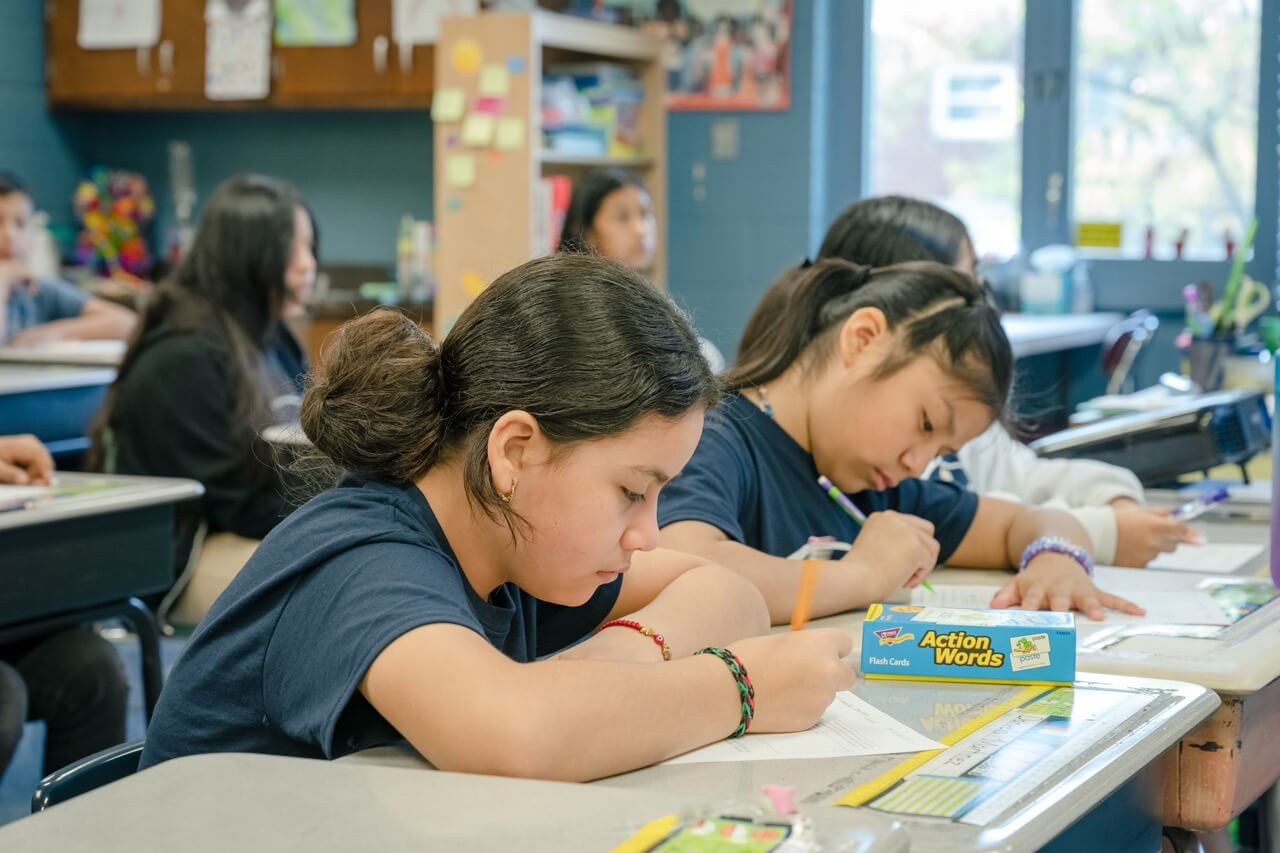
National Geographic Learning Exploring Science
We use the National Geographic Exploring Science Curriculum for science instruction. Our students get real-world, hands-on lessons and activities in Physical Science, Life Science, Earth and Space Science, and Engineering Design.
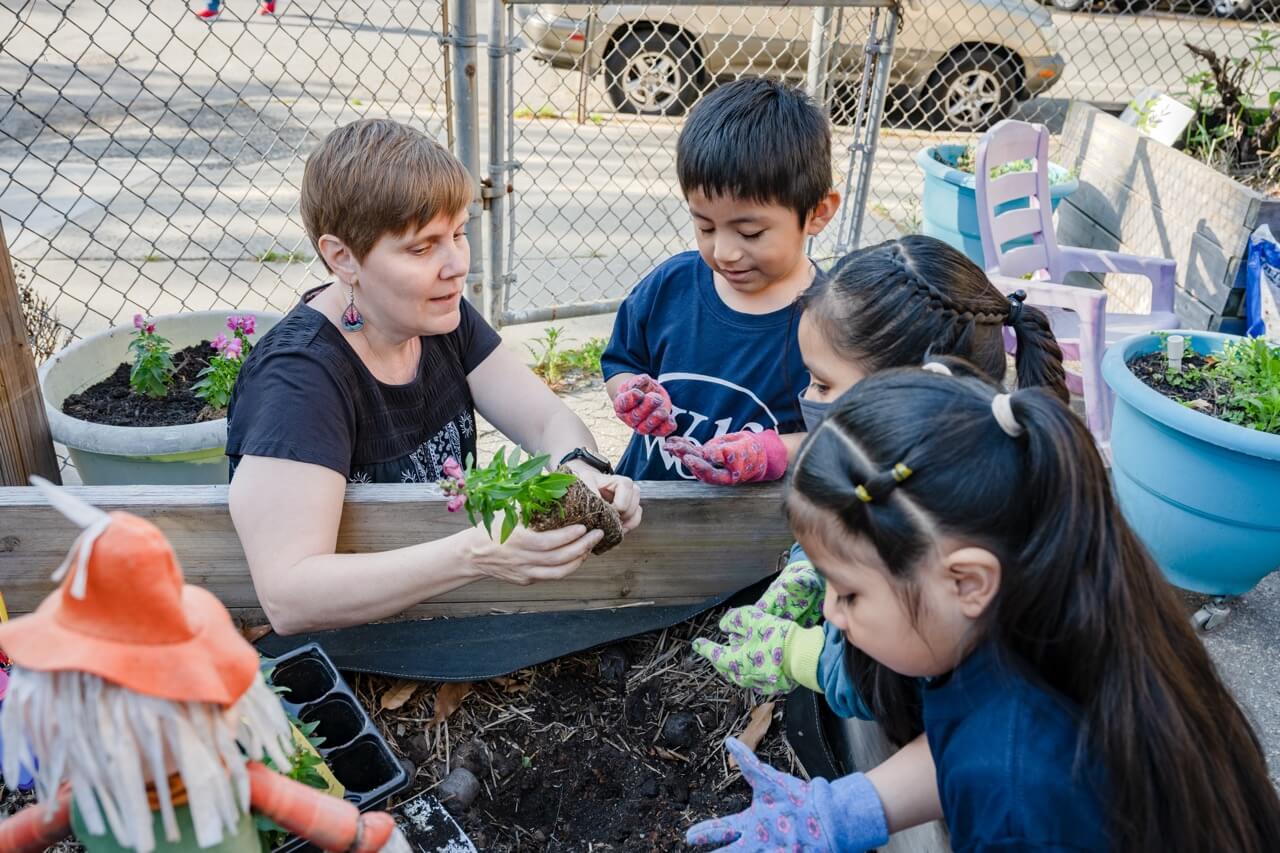
Gifted and Advanced Learning
We identify Gifted and Advanced Learning Students at all grade levels through assessment. Students have opportunities to work at the top of their academic abilities that go beyond grade-level material such as research, project learning, and novel studies.
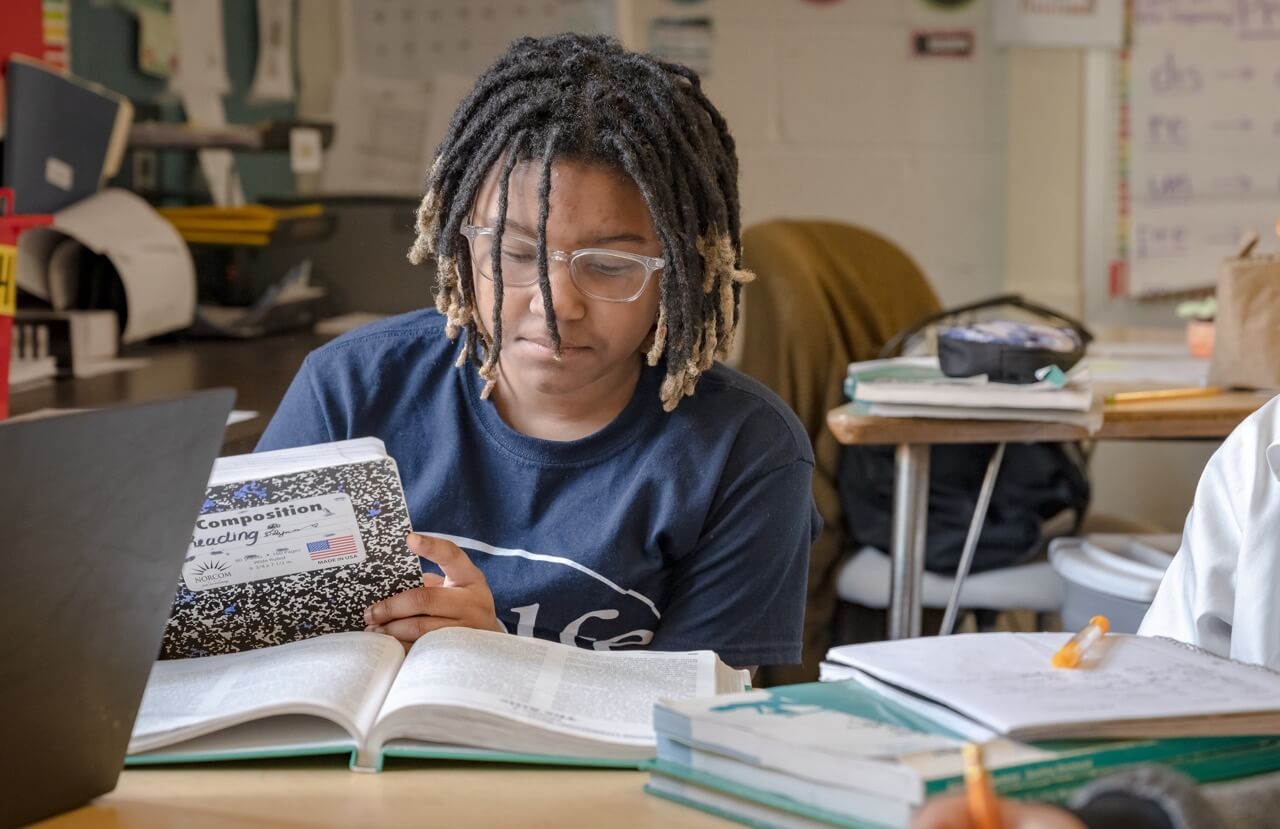
English Language Development
We provide English Language Development services to nearly 65% of our students. We have multiple ESOL instructors, two paraeducators, and an ESOL Educational Associate. After teaching their own reading and language groups, our ESOL and General Educator instructors co-teach in mathematics and other daily subjects for the most effective learning opportunities.
Multilingual learners receive:
- Expanded vocabulary instruction
- Background knowledge development
- Small group support
- Basic academic and language skills development
Restorative Practice
We use Restorative Practice to create a positive, respectful community for children and teachers, reduce conflict, and teach our students how to problem solve. Our students learn to do the right things because they want to. All members of our community are supported by a full-time Director of Restorative Practices.
In 2007, the Baltimore Curriculum Project introduced Restorative Practice to Baltimore schools. Today many Baltimore City public schools use it as part of their focus on student wholeness. At Wolfe Street Academy, it’s the heart of how we care for each other with respect and kindness.
